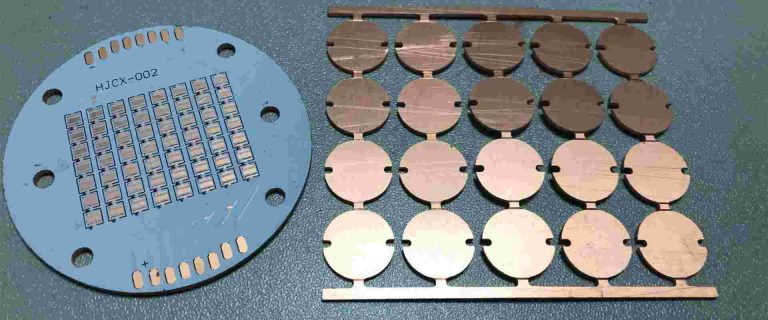Must-Have Features for a Professional Website Design
In today’s digital world, having a professional website is essential for businesses and individuals alike. A well-designed website can help establish credibility, attract visitors, and convert them into customers. To achieve a professional look and feel for your website, there are certain key features that you should incorporate into its design. In this article, we will explore the must-have features for a professional website design.
Responsive Design
With the increasing use of mobile devices, it is crucial for a website to have a responsive design. A responsive design ensures that the website adapts and displays correctly on various devices and screen sizes, such as smartphones, tablets, and desktop computers. This feature is essential for providing users with a seamless browsing experience and improving the website’s usability.
By having a responsive design, a website can attract and retain more visitors, as they can easily access the content regardless of the device they are using. Additionally, responsive design can also help improve search engine rankings, as search engines like Google prioritize mobile-friendly websites in their search results.
The best website design company will ensure your site is not only visually appealing but also fully responsive, enhancing user experience and boosting your online visibility. Overall, investing in a responsive design is essential for any website looking to succeed in today’s digital landscape.
Clear Navigation
One of the most important features of a professional website is clear and intuitive navigation. Visitors to your website should be able to easily find the information they are looking for without getting lost or confused. A well-structured navigation menu that is visible and consistent across all pages can help users navigate the website efficiently.
High-Quality Content
Content is king when it comes to website design. High-quality, relevant, and engaging content not only attracts visitors to your website but also keeps them engaged and encourages them to explore further. Whether it’s written content, images, videos, or infographics, ensure that your website’s content is well-presented and adds value to your audience.
Fast Loading Speed
In today’s fast-paced digital world, users expect websites to load quickly. A website with slow loading speed can lead to a high bounce rate and poor user experience. To ensure a professional website design, optimize your website’s images, minimize HTTP requests, and leverage browser caching to improve loading speed.
Contact Information
Another essential feature of a professional website is clear and easily accessible contact information. Make sure to include a dedicated contact page or section that provides visitors with various ways to get in touch with you, such as a contact form, email address, phone number, and physical address. Building trust with your audience is crucial, and having visible contact information can help establish credibility.
Call-to-Action Buttons
Call-to-action (CTA) buttons are crucial for guiding visitors towards the desired action, whether it’s making a purchase, signing up for a newsletter, or contacting you. Well-designed, prominent CTA buttons can improve conversion rates and help achieve your website’s goals. Make sure to use compelling copy and contrasting colors to make your CTA buttons stand out.
SEO-Friendly Design
Search engine optimization (SEO) is essential for improving your website’s visibility in search engine results. A professional website design should incorporate SEO best practices, such as using relevant keywords, optimizing meta tags, creating a sitemap, and having a clean URL structure. By optimizing your website for search engines, you can attract organic traffic and reach a wider audience.
Security Features
Security is a top priority for any website, especially if it involves handling sensitive information such as user data or payment details. Implementing security features such as SSL encryption, regular backups, and strong passwords can help protect your website from cyber threats and instill trust in your visitors. Displaying trust badges and security certifications can also reassure visitors about the safety of their information.
Social Media Integration
With the widespread use of social media, integrating social media platforms into your website is essential for enhancing your online presence and engaging with your audience. Include social media icons that link to your profiles on platforms such as Facebook, Twitter, Instagram, and LinkedIn. This integration allows visitors to easily share your content and follow your brand on social media.
Analytics and Tracking
To measure the performance of your website and make informed decisions, it is crucial to integrate analytics and tracking tools. Platforms like Google Analytics provide valuable insights into website traffic, user behavior, and conversion rates. By analyzing this data, you can optimize your website’s design, content, and marketing strategies to better meet the needs of your audience and achieve your business goals.
Conclusion
A professional website design is not just about aesthetics; it’s about functionality, usability, and user experience. By incorporating the must-have features discussed in this article, you can create a website that not only looks great but also performs well and achieves its objectives. Whether you are building a new website or redesigning an existing one, prioritize these features to ensure that your website stands out from the competition and delivers a positive experience for your visitors.
Stay in touch to get more updates & news on Style Carter!






